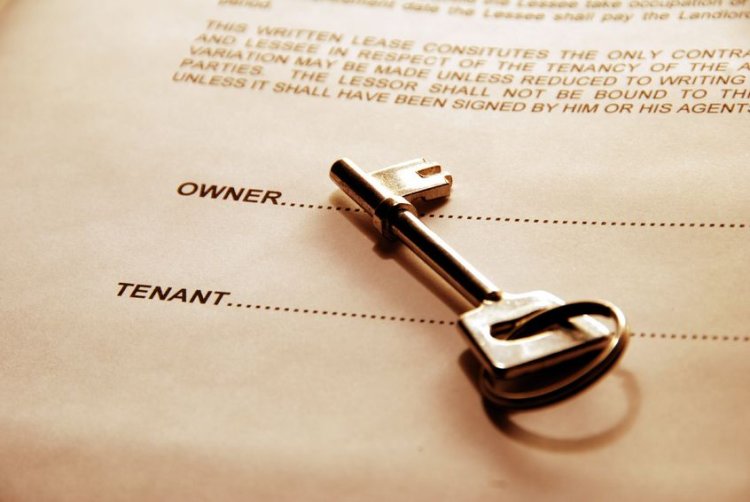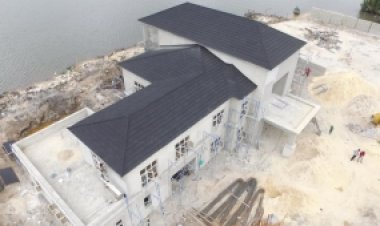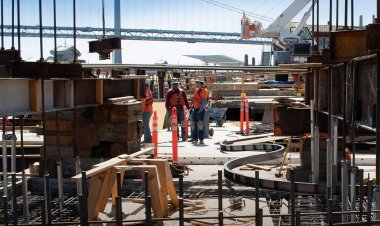Important Information to Protect Tenants and Landlords During the Tenancy Period
The problem facing some tenants is a result of failure to know some essential things before renting an apartment or land. It is better to be scrupulous in dealing with the agreement signing because ignorance is not an excuse in the law.

It is pivotal and quintessential for tenants to know some crucial and needful facts about the tenancy. For tenants to enjoy some right as a resident of a particular house or land under a landlord, there are some rights they must be conversant with. Tenants must not be neglecting and unscrupulous of things they need to know. They must not be an ignoramus of their rights and they must be conversant with pertinent information.
Some tenants reluctantly neglect some things they need to know. The problem facing some tenants is a result of failure to know some essential things before renting an apartment or land. Glaringly, the challenge faced by some tenants today is their negligent attitude towards knowing some important things under which they are to operate.
In Nigeria, there are certain things the tenants must know about the land, the house, the landlord and virtually everything about the environment and the laws that guide their stay in the house.
Some of the rights are discussed below:
Right to a written agreement
In Nigeria, every tenant is entitled to have a written agreement that comprises all the laws that guide their tenancy and the extent to which the landlord can exercise power and which they are also restricted. The agreement is simply an understanding between two entities to follow a specific code of conduct. Tenants must have access to a written document to guide them during their stay in the house.
Tenancy agreements contain in detail the names of a landlord and his tenant; as parties to the Tenancy Agreement.
The rented house or land should be described in detail, showing the location and basic features of the land or the house. It should also entail the duration of the tenancy when to pay and the mode of payment.
Possible increment in price is another important thing that should be included in the agreement. Before signing any agreement, prospective tenants should seek the service of a solicitor to analyze and elaborate on some complicated terms in the agreement. Some tenants make the mistake of signing an agreement that is not lucid enough for them to comprehend.
Right to the issuance of receipt of payment
Tenants need receipts from landlords as proves of payment and authorization to possess and use the property for the tenancy period. This will contain the names of the landlord and those of the tenants. The amount paid and the time of payment will be clearly stated in the receipt. The name of the property such payment is made for and the signature of the receiver and the payee will also be indicated.
It is an actionable offense to refuse to issue a receipt for rent paid and received. The rights of a tenant are to demand and be issued a receipt upon payment of rent. If the payment is partly made, it should also be receipted and stated according to how it is paid.
A written agreement endorsed by the landlord before a witness that he has received rent from his tenant is also a requirement.
Some landlords are affable and nice in nature but no matter how familiar, friendly, corporate and caring the landlord is, it's clearly advised that receipts of payment are demanded to safeguard the future and to prevent distortion.
The right to peaceful enjoyment of property
Tenants are virtually entitled to enjoy this right and they are to take note of this. When a tenant pays his rent and issued a receipt, it is the responsibility of the landlord to grant the rights to peaceful enjoyment of the property and ensure the safety of the property. However, the landlord determines the usage, but can even be sued for trespass if warranted same way as against any trespasser; strangers, or any disruption.
Certainly, the supervision and maintenance of the property generally is the responsibility of the landlord, and with the knowledge of the tenant but within reasonable hours of the day.
Section 7 of the Nigerian constitution (Tenancy Agreement) states clearly that tenants are to operate in conformity with the tenancy agreement which includes the payment of rent on time to avoid prospective problems. The tenants are to behave in the right manner, the consent of the landlord is needed before the repairing of any structural damage on any part of the building, changing of any accessories and subleasing.
Right to a valid quit notice
It is illegal and unconstitutional to send a tenant out unaware or unapprised for some weeks, months, or years as agreed in the written agreement. Therefore, it is abominable for the landlord to throw out a tenant of the apartment unless there is strict compliance with relevant Recovery of Premises Law.
The recovery of Premises Law state that tenants need a valid “quit notice” of a landlord’s intention to quit the tenancy of such tenant and must be written and given to the tenant. The rent of the tenants will determine the amount of time given to him, either weekly, monthly, or yearly, thus it is advisable for tenants to thoroughly read through the Tenancy Agreement before signing as some might even be careless and sign away their rights for a ‘quit notice’. It is better to be scrupulous in dealing with the agreement signing because ignorance is not an excuse in the law.
The name of the landlord, the name of the tenant, the address of the property occupied by the tenant and the duration given to the tenant must be included in a "Valid Quit notice"
Right to a compulsory (7) seven days notice to recover premises
The tenant is expected to have a "Seven Days" notice to recover as it's provided in the protection given to a tenant by the Nigerian Tenancy Law. This prevents Landlords to evict an occupant without issuing a “Seven Days’ Notice to Recover”.
The “Seven (7) Days’ Notice of Owner’s Intention to Recover Premises” is a notice issued from a landlord’s lawyer notifying a tenant upon whom a “Quit Notice” had been initially given and same had expired; that the lawyer will after seven (7) days from the date of the issuing of the Notice proceed to court to recover the premises on behalf of the landlord.
The above-mentioned rights are the rights of the tenants provided and protected by the constitution. The landlord is as well granted some rights which are protected by the constitution.

 Adedokun Boluwatife
Adedokun Boluwatife 































